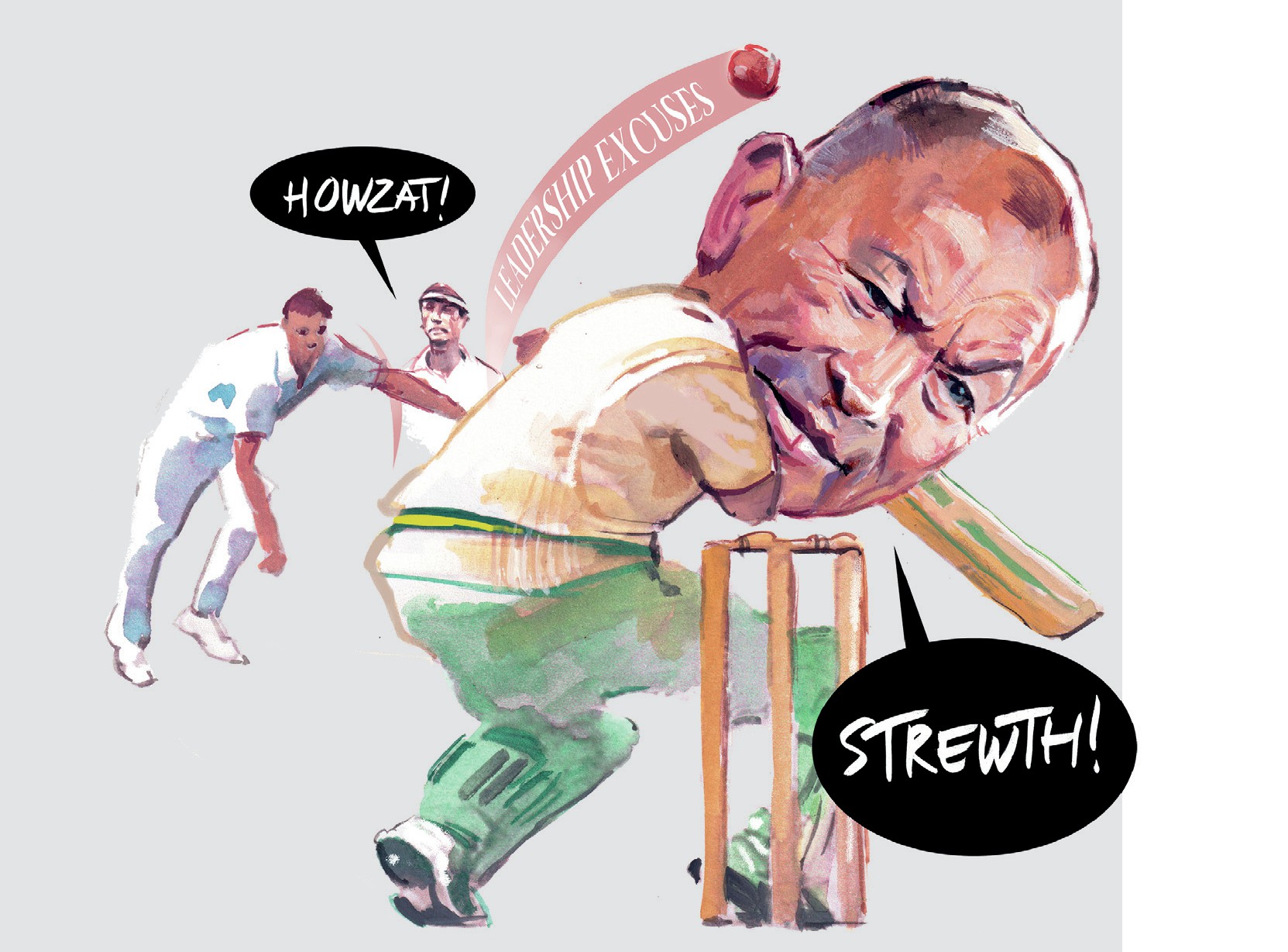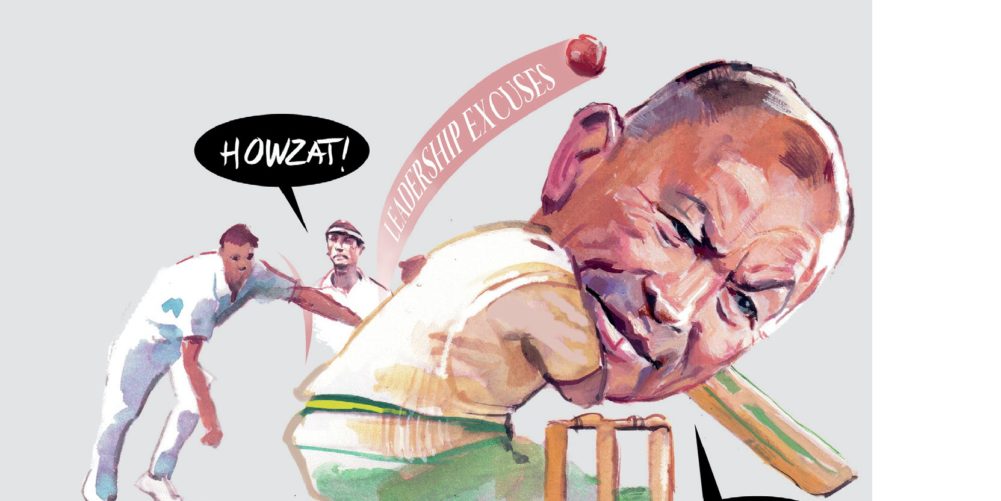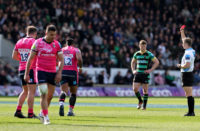READ HIS EXPERT OPINION EVERY WEEK


Eddie Jones pressed the class-war button this week with a blanket criticism of the public school contingent in his England squad which has stirred controversy, but makes little sense.
You can only conclude that Jones is wedded to the concept of creative tension in his dealings with his players, especially as eight of his starting 15 against Australia in the final Test of the 2-1 series victory last month were educated at fee-paying public schools.
The proportion of players from public schools in the 2003 World Cupwinning England line-up was a minority of about a third, with Jonny Wilkinson and Lawrence Dallaglio among them, but since then the footprint of the game in state schools – which looked encouraging 20 years ago – has shrunk alarmingly.
This could explain why Jones appears to be on a mission to shake up English Rugby Union, but unfortunately he fails to target the fact that most state schools have become sporting wastelands, with the RFU's “All Schools” plan among those failing to take root. Instead, Jones has taken a wild potshot at public schools, which are virtually the only educational institutions, outside universities and colleges, in which Rugby Union is still widely nurtured.
Part of this public school husbandry of the sport involves giving scholarships to talented youngsters from the state sector, yet Jones' criticism focuses instead on the failure in this supply line to provide him with the leaders he requires at international level.
The England head coach said in an interview in the i newspaper that the public schools are producing players that have had a “closeted life”. He added: “When things go to crap on the field who's going to lead, because these blokes have never had experience of it. When we are not (on the front foot) our ability to find a way to win, our resolve, is not as it should be.”
Jones then made a quantum leap, stating: “You're going to have to blow the whole thing up…”.
Not surprisingly, the backlash did not take long. Sir Clive Woodward rounded on Jones, calling his comments “insulting” to English rugby, as well as “divisive and disrespectful”.
Woodward called on the RFU to censure Jones, who got a mild slap on the wrist when chief executive Bill Sweeney said he had spoken to the head coach, and reiterated how valuable the public school contribution is to the RFU.
Danny Cipriani, who grew up on a council estate but won a public school sports scholarship to Whitgift, also climbed in, saying in his Daily Mail column that the problem with leadership in the England side is the environment Jones creates, not the schooling system.
Cipriani explained: “Because the players are told exactly what to do by Eddie, and how the game will go, they struggle to react when things do not go to plan… This is not down to their education, but is the fault of the England set-up, driven by Jones.”
Cipriani added that Jones' tolerance for debate with players is very limited. “Eddie is a coach who does not like to be questioned. Any player who speaks his mind is dismissed.”
The big unanswered question in this Jones outburst is why he chose to castigate the public schools for their failure to produce leaders for England, rather than the Premiership clubs, who are ideally placed to provide the necessary mentoring?
The backdrop is that Jones appears to have a chip on his shoulder based on his blue-collar background in Chifley/Matraville in Sydney's eastern suburbs. Somewhere along the line it seems to have led him to the conclusion that many of those lucky enough to have more privileged childhoods than his own lack the character or instincts for leadership.
“Leadership is above all about character – not your school or your background”
Jones should examine this outlook closely. A starting point could be his invocation of cricket's Bodyline Ashes series (1932-33) as the template for England playing “bodyline rugby” on their 2016 tour of Australia.
The implacable, ruthless driving force behind the bodyline tactic was the patrician England cricket captain Douglas Jardine. England's intimidating leg stump bowling won them the away series 4-1, but even with all hell breaking loose as the plan paid off – including threats of crowd riots and diplomatic and trade schisms – Jardine remained unmoved.
However, the level of antipathy between the England captain and the Australian press and public was encapsulated when he let his guard slip after being told by a team-mate that the Australian crowds disliked him. “It's f****** mutual”, said the Winchester and Oxford Universityeducated Jardine.
Jones might then have a look at two of Australia's greatest captains, both World Cup winners – Nick Farr-Jones (1991) and John Eales (1999). Attending Australian fee-paying independent schools, the equivalent of our public schools, did nothing to impair their leadership capabilities. England have also had great captains, some from state schools, like Martin Johnson, and some from public schools, like Will Carling.
Jones has been in the England job for seven years, and he identified a leadership shortage when he first arrived. He has had plenty of time to do something about it, but instead he is coming across as a coach frustrated by his failure to do so – and looking for a scapegoat.
Leadership, and the mental fortitude intrinsic to it, is above all about character – not about your school, or background.



























